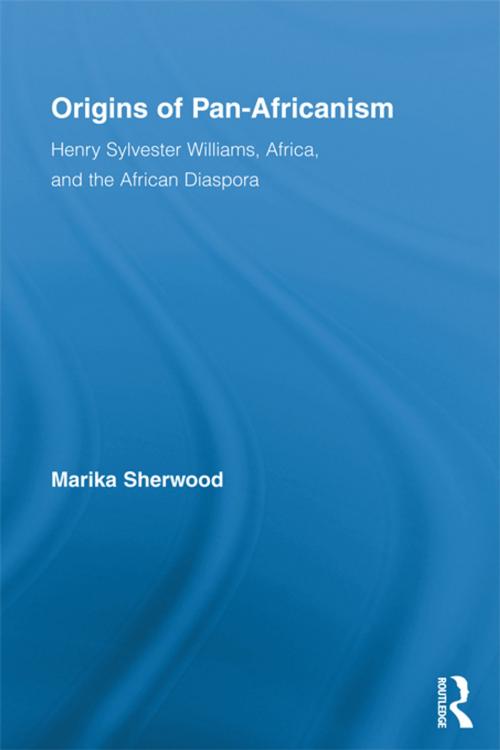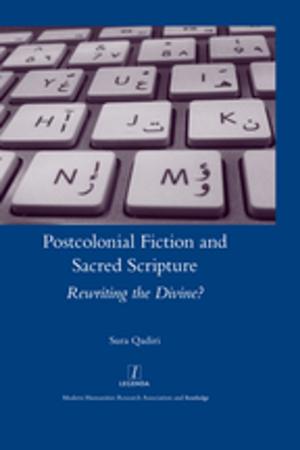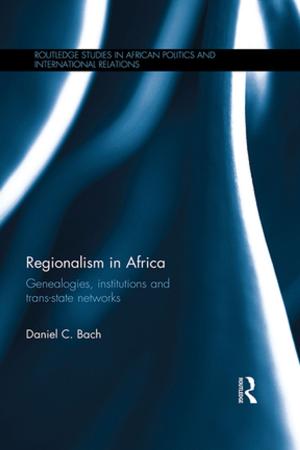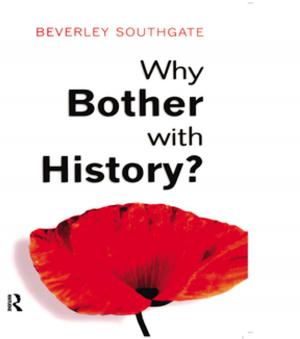Origins of Pan-Africanism
Henry Sylvester Williams, Africa, and the African Diaspora
Nonfiction, History, Africa, Modern, 20th Century| Author: | Marika Sherwood | ISBN: | 9781136891137 |
| Publisher: | Taylor and Francis | Publication: | July 26, 2012 |
| Imprint: | Routledge | Language: | English |
| Author: | Marika Sherwood |
| ISBN: | 9781136891137 |
| Publisher: | Taylor and Francis |
| Publication: | July 26, 2012 |
| Imprint: | Routledge |
| Language: | English |
Origins of Pan-Africanism: Henry Sylvester Williams, Africa, and the African Diaspora recounts the life story of the pioneering Henry Sylvester Williams, an unknown Trinidadian son of an immigrant carpenter in the late-19th and early 20th century. Williams, then a student in Britain, organized the African Association in 1897, and the first-ever Pan-African Conference in 1900. He is thus the progenitor of the OAU/AU. Some of those who attended went on to work in various pan-African organizations in their homelands.
He became not only a qualified barrister, but the first Black man admitted to the Bar in Cape Town, and one of the first two elected Black borough councilors in London. These are remarkable achievements for anyone, especially for a Black man of working-class origins in an era of gross racial discrimination and social class hierarchies. Williams died in 1911, soon after his return to his homeland, Trinidad.
Through original research, Origins of Pan-Africanism: Henry Sylvester Williams, Africa, and the African Diaspora is set in the social context of the times, providing insight not only into a remarkable man who has been heretofore virtually written out of history, but also into the African Diaspora in the UK a century ago.
Origins of Pan-Africanism: Henry Sylvester Williams, Africa, and the African Diaspora recounts the life story of the pioneering Henry Sylvester Williams, an unknown Trinidadian son of an immigrant carpenter in the late-19th and early 20th century. Williams, then a student in Britain, organized the African Association in 1897, and the first-ever Pan-African Conference in 1900. He is thus the progenitor of the OAU/AU. Some of those who attended went on to work in various pan-African organizations in their homelands.
He became not only a qualified barrister, but the first Black man admitted to the Bar in Cape Town, and one of the first two elected Black borough councilors in London. These are remarkable achievements for anyone, especially for a Black man of working-class origins in an era of gross racial discrimination and social class hierarchies. Williams died in 1911, soon after his return to his homeland, Trinidad.
Through original research, Origins of Pan-Africanism: Henry Sylvester Williams, Africa, and the African Diaspora is set in the social context of the times, providing insight not only into a remarkable man who has been heretofore virtually written out of history, but also into the African Diaspora in the UK a century ago.















